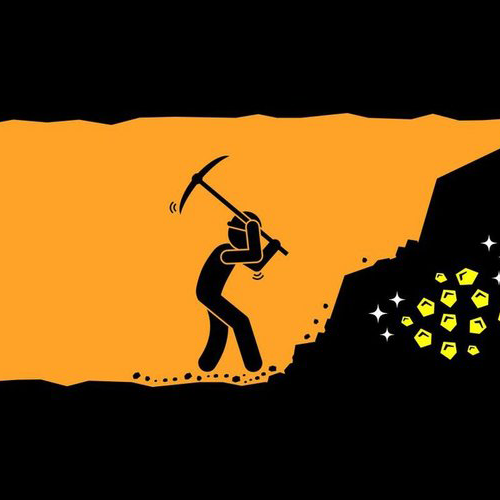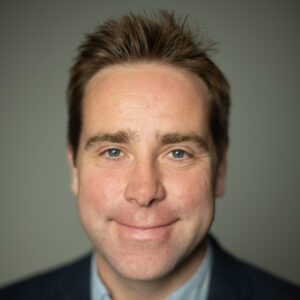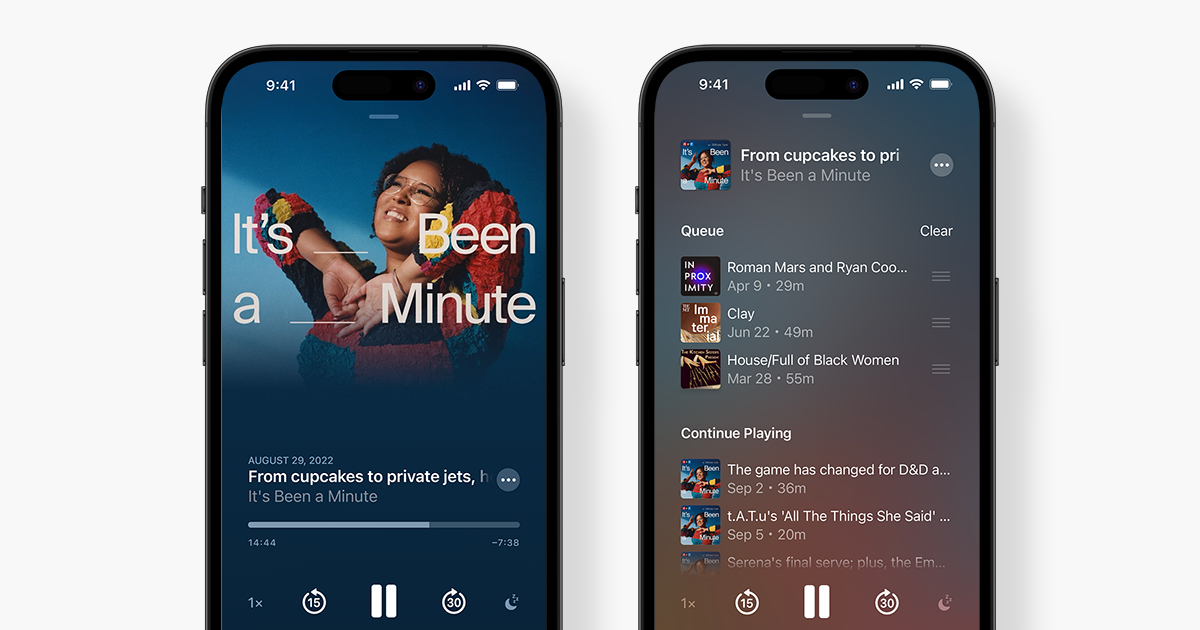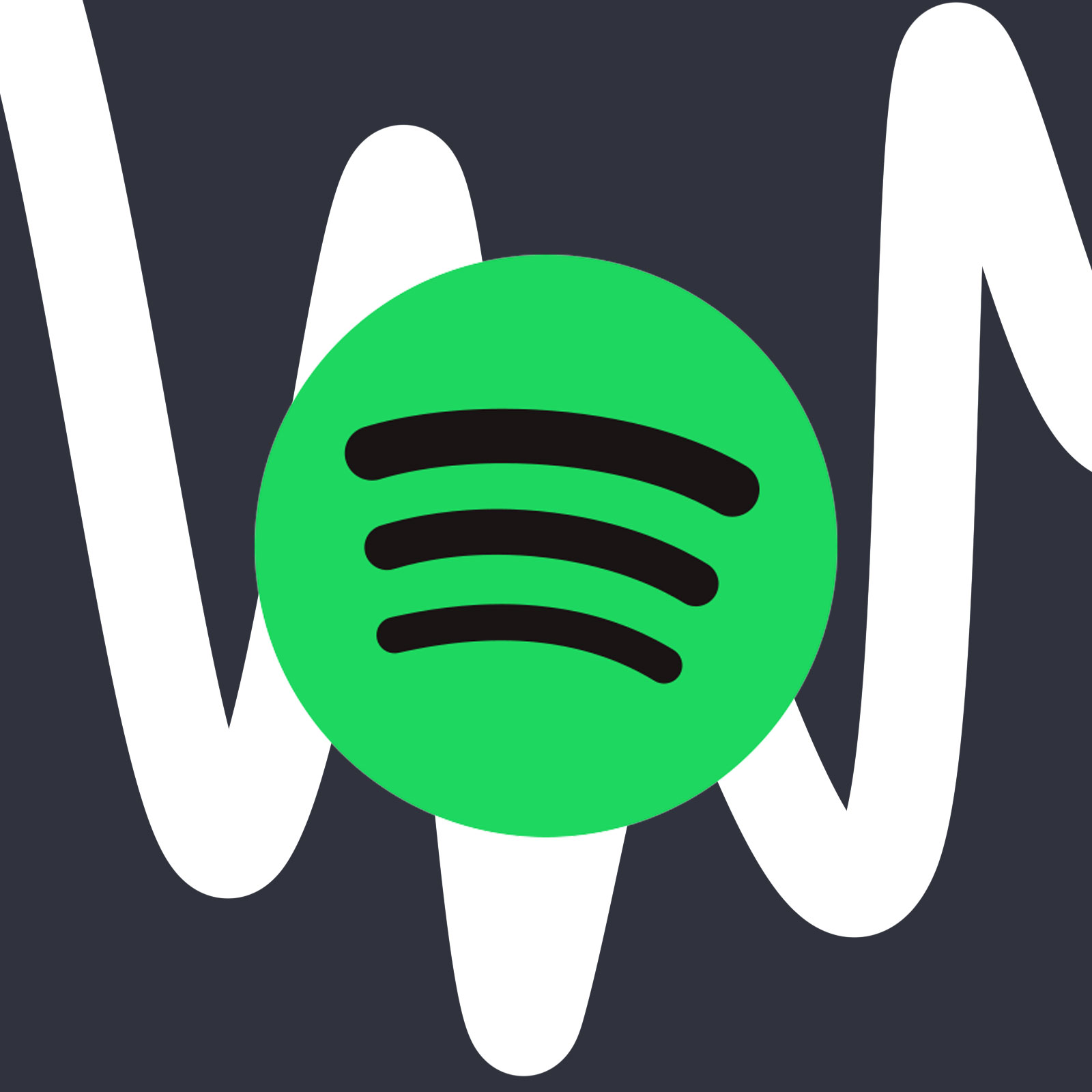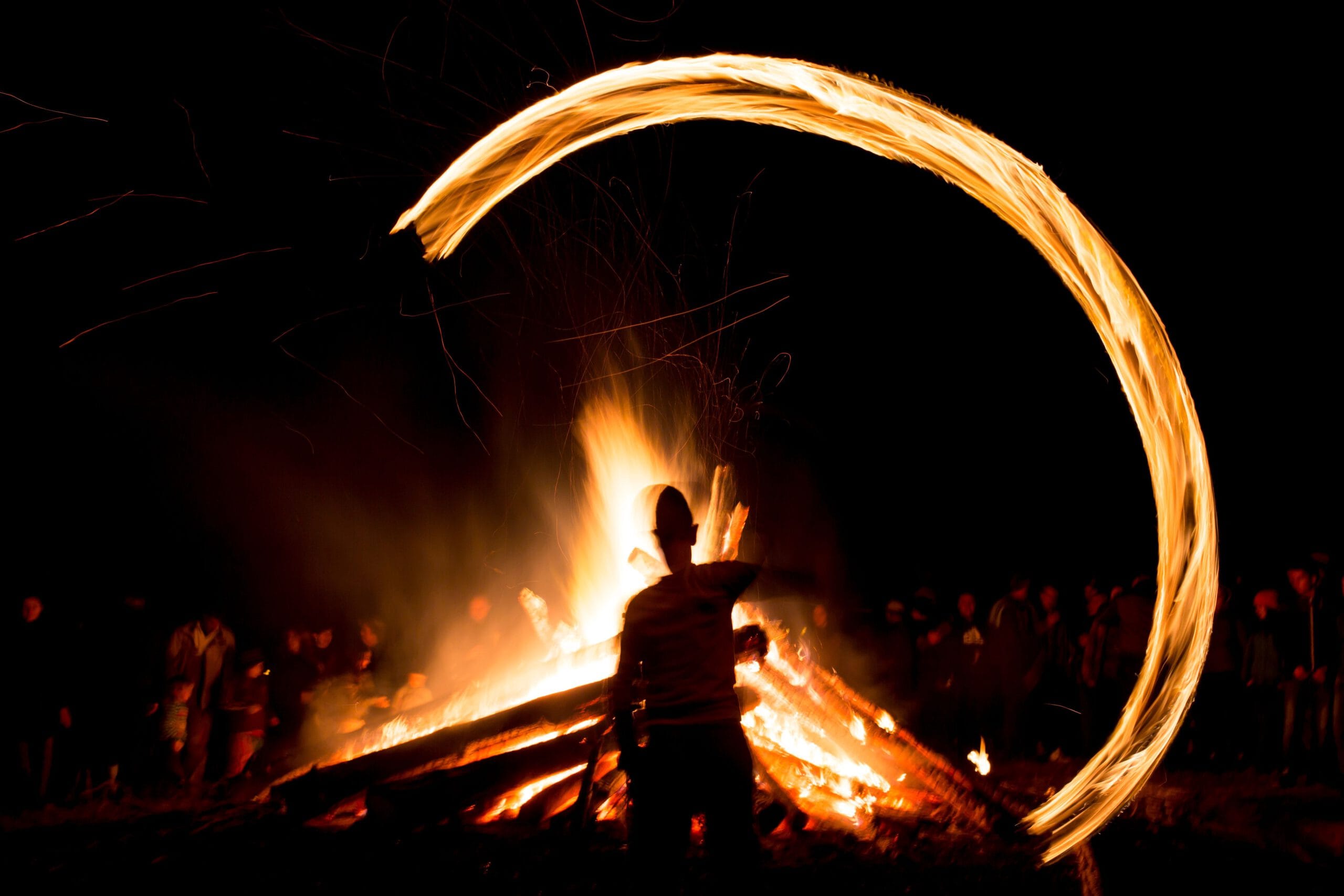‘Publishers are getting serious about podcast revenue’ – Digiday
‘Podcasts are brilliant for anyone who loves radio, but hates all that annoying “Quality control”’ – Jimmy Carr.
There are two ways of brands getting on board with podcasts.
1. Advertise around an existing successful podcast with an established audience.
2. Create your own original podcast series.
Option 1 is by far the easiest. All you do is divert a portion of your existing advertising budget into podcasting. You can choose your category, make your ad, write your sponsorship, and bingo! You hear it at the start of, say, The Guardian’s podcast or David Tennant’s new chart-busting show. You’re in the podcasting arena, and riding the wave of this popular channel by speaking to someone else’s established audience.
Option 2 is really hard work. It involves much more investment of time, thought, energy, research and effort. It means making podcasting an integrated part of your comms armory, coordinating with your content team, and bringing in the brand specialists. It’s a tough ask to create something perfect for your niche audience that achieves your objectives whilst properly engaging them for twenty minutes, rather than just sounding like a long advert.
You’ll probably have to work with an external production team, get them to truly understand your goals, and trust their expertise to create something perfect. It needs as much quality control as anything else that reflects your brand, but how does your brand even sound in audio? Without any visual assets to keep them on track! You have rounds of feedback and re-edits, requiring stakeholders to listen to, and sign off, episodes that might be up to 30 minutes long – much more hassle than the two-minute videos they’re used to.
Then, once it’s made, it’s a long game to watch that audience grow gradually, encouraging them to build a habit of listening to something from a brand they were previously ambivalent towards. A celebrity presenter is a shortcut to the iTunes charts, but how do you measure whether they’re worth it? An initial investment of, say, six episodes might seem like a fair way to dip your toe in, but will that build enough of a case-study? What frequency should you have? Weekly? Fortnightly? Once a month is too spaced out, so perhaps some bonus content will help to fill those gaps. But then you’ve got to think about what will be exciting and useful beyond the main episodes.
On top of that, the data is nowhere near as granular as social media. You have to use qualitative and anecdotal feedback, and trust your marketing instincts that what you produce is both engaging and useful to the audience, as well as for the long term benefit of the brand. You have to put significant budget into promoting the series, using social, PR, CRM and, yes, advertising around other podcasts to spread the word. Only this way will your podcast avoid disappearing into the millions of other podcasts being produced every day.
It’s bloody hard work.
And that’s why Option 2 is so much fun, and so rewarding, for everyone involved.
